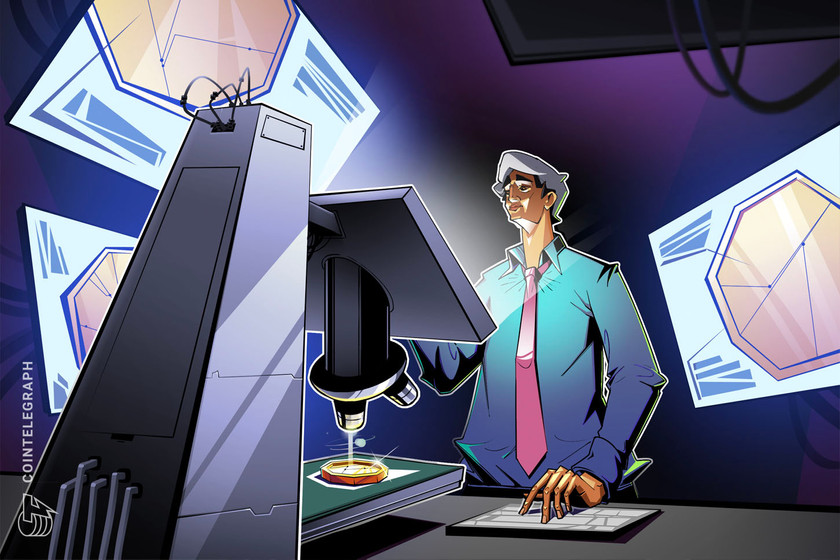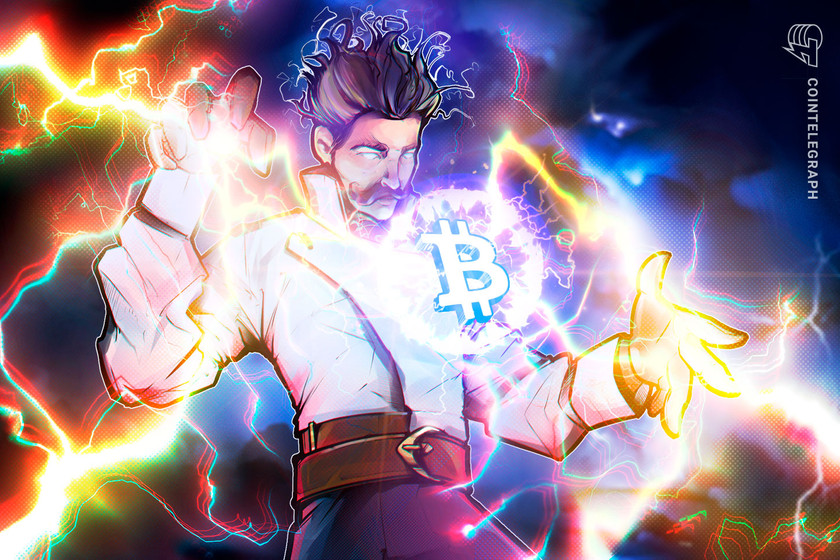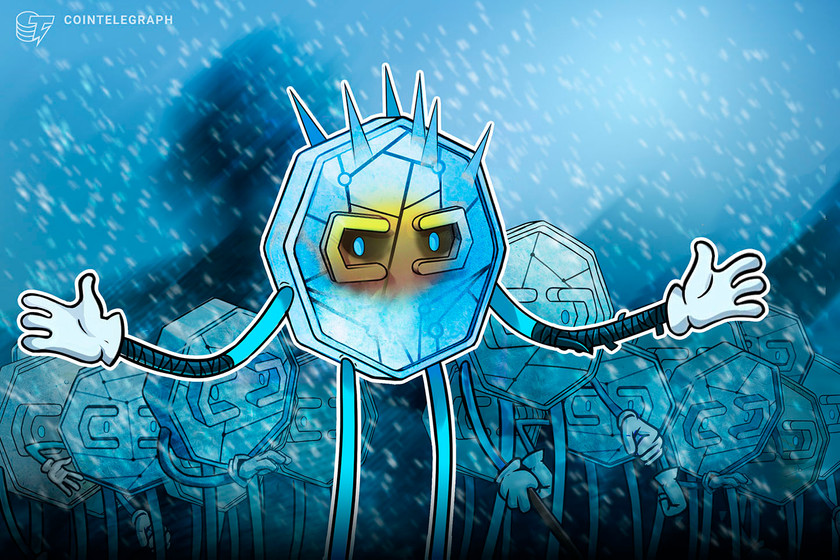Hindenburg Research reports Block short position, claiming fraud facilitation and inflated metrics


“Block has wildly overstated its genuine user counts and has understated its customer acquisition costs,” says the report.
A report following a two-year investigation from Hindenburg Research claims digital payments company Block has “systematically taken advantage of the demographics it claims to be helping,” alleging the firm inflated its user metrics and facilitated fraud.
In the March 23 report, Hindenburg Research says Block’s practices allowed users to set up fraudulent accounts, catering to many criminals who used the platform to steal funds. The report suggests that Block insiders — including co-founders Jack Dorsey and James McKelvey, chief financial officer Amrita Ahuja and Cash App manager Brian Grassadonia — had sold more than $1 billion of the firm’s stock, whose price rose “on the back of its facilitation of fraud.”
“The ‘magic’ behind Block’s business has not been disruptive innovation, but rather the company’s willingness to facilitate fraud against consumers and the government, avoid regulation, dress up predatory loans and fees as revolutionary technology, and mislead investors with inflated metrics,” said Hindenburg. “Even when users were caught engaging in fraud or other prohibited activity, Block blacklisted the account without banning the user.”
NEW FROM US:
Block—How Inflated User Metrics and “Frictionless” Fraud Facilitation Enabled Insiders To Cash Out Over $1 Billionhttps://t.co/pScGE5QMnX $SQ
(1/n)
— Hindenburg Research (@HindenburgRes) March 23, 2023
The report cited a shift in Block’s business starting during the early days of the pandemic in 2020, when many people activated Cash App accounts to receive stimulus and unemployment payments from the United States government. Interviews with former employees by Hindenburg suggested that roughly 40% to 75% of reviewed accounts were fake, involved in fraud, or tied to a single individual.
“Like traditional financial services companies, [Block’s] key focus seems to be on dressing up predatory loans and fees as revolutionary products, avoiding regulation and embracing worst-of-breed compliance policies in order to profit from its facilitation of fraud against consumers and the government,” said Hindenburg. “The company seems to be betting that the consequences will either be a ‘cost of doing business’ or at the very least, come later.”
Related: Jack Dorsey’s Block sues Bitcoin.com for trademark infringement
In a blog post responding to Hindenburg, Block called the report “factually inaccurate and misleading,” adding it planned to explore legal action.
“Hindenburg is known for these types of attacks, which are designed solely to allow short sellers to profit from a declined stock price,” said Block. “We have reviewed the full report in the context of our own data and believe it’s designed to deceive and confuse investors.”
Hindenburg announced it had taken a short position in Block. At the time of publication, the price of Block’s stock has dropped more than 13% in the last 24 hours to $63.38.
Magazine: Fake employees and social attacks: Crypto recruiting is a minefield
Update (March 23 at 6:17 PM UTC): This article has been updated to include a response from Block.
























